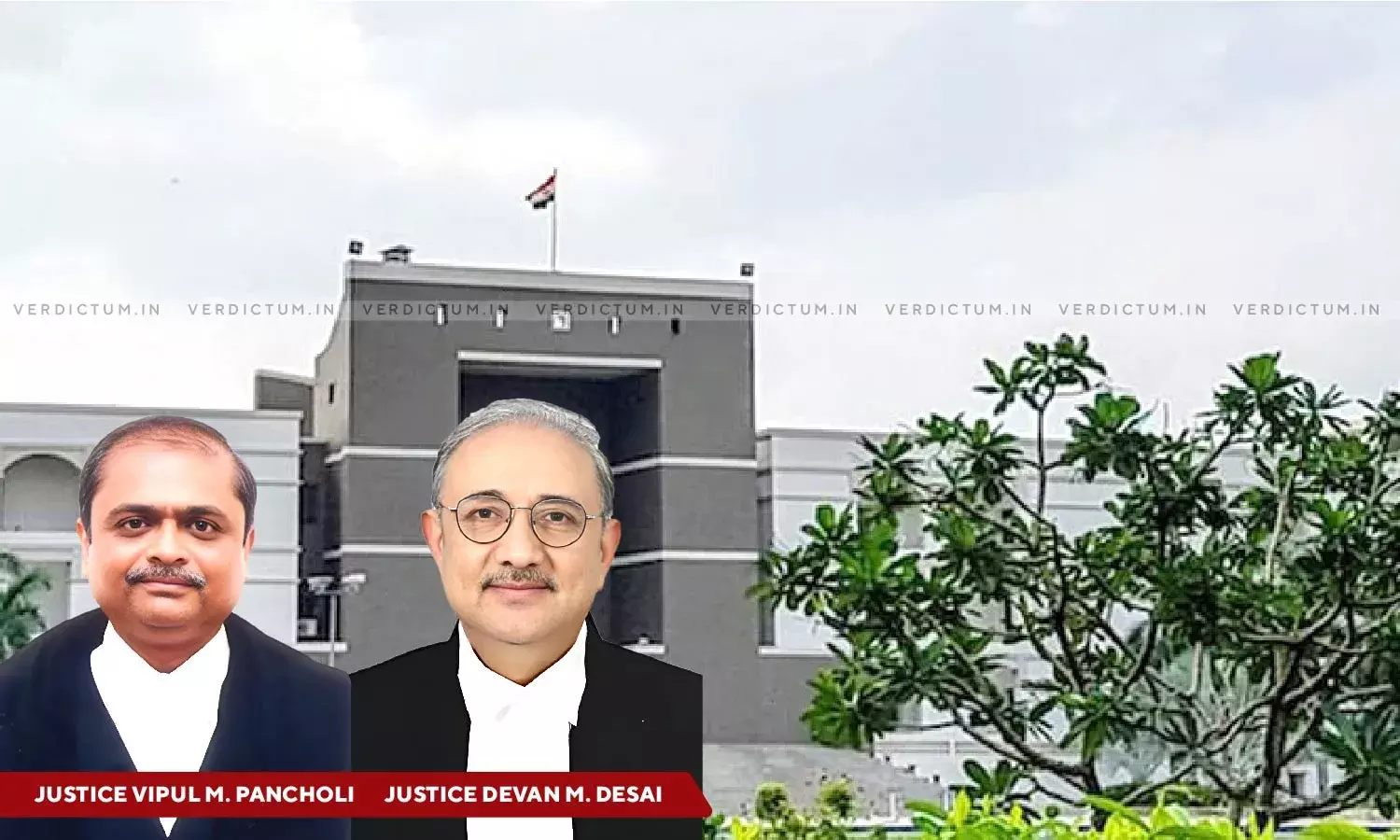No Penalty Can Be Levied U/s. 271(1)(C) Of IT Act If Excess Depreciation Is Withdrawn By Taxpayer Before Detection By Dept: Gujarat HC

The Gujarat High Court holds that no substantial question of law arises for consideration wherein ITAT deleted penalty under Section 271(1)(c) of Income Tax Act imposed by the CIT(A) for suo-motu disclosure of excess depreciation on land claimed in the year under consideration was made by the Assessee.
The Division Bench of Gujarat High Court comprising of Justice Vipul M. Pancholi and Justice Devan M. Desai observed that ITAT has clearly held that addition on account of excess depreciation claimed was surrendered by the Assessee to align its books with MCA notification wherein it was directed to disclose all particulars relating to the excess claim and the said claim was also surrendered without any prior detection by the Revenue.
The Bench further observed that Revenue has failed to establish that there was a concealment of particulars of the income of the Assessee and failed to establish that the Assessee had furnished inaccurate particulars of its income.
Senior Advocate R.K. Patel appeared for the Assessee, whereas Revenue was represented by Advocate Varun K. Patel.
The brief facts of the case were that the Assessee company filed its return for AY 2015-16 declaring income of Rs.11,721 Cr which was subsequently assessed at a total income of Rs.11,733 Cr. Aggrieved, the Assessee filed an appeal before CIT(A) and during the pendency of the appeal, the Assessee made suo-moto disclosure of an excess claim of depreciation of land purchased in AY 2011-12 which the Revenue failed to detect. However, CIT(A) dismissed Assessee’s appeal and directed Revenue to calculate the penalty under Section 271(1)(c) on account of inaccurate particulars.
After considering the submission and relying on a Coordinate Bench ruling in Principal Commissioner of Income Tax, Vadodara v. M/s. Bell Ceramics Limited [Tax Appeal No.162 of 2021] wherein it was held that appeal under Section 260A could be admitted only when the writ court is satisfied that the case involves a substantial question of law, the Bench reiterated that the test to determine the substantial question of law involves: (i) whether the subject question directly or indirectly affects substantial rights of parties, (ii) question pertains to public importance, (iii) question not settled by Supreme Court’s judgments, (iv) issue is not free from difficulty, and (v) requires an alternative view.
From the perusal of ITAT’s order, the bench found that the addition made on account of excess depreciation claimed having been surrendered by the Assessee himself without any prior detection of the Revenue and the excess claim having been demonstrated to have been made for the bonafide reasons, it was not a case for levy of penalty.
The High Court also noted that the Assessee had surrendered the excess claim itself to align its books with MCA notification and disclosed all particulars relating to the excess claim.
Accordingly, following the Coordinate Bench ruling in Bell Ceramics, the High Court dismissed the Revenue’s appeal, while holding that no question of law arises for consideration.
Cause Title: PCIT v. AXIS Bank
Click here to read/download the Order

